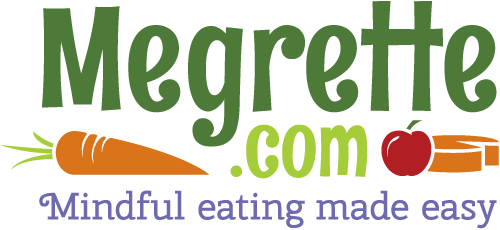It wasn’t until I started studying Motivational Interviewing that I ever thought about the word Ambivalence. As I learned to unpack the meaning, I was struck over and over again that what I do a dietitian is resolved conflict, typically the conflict that people have to changing their diet. However, many of my clients express conflict with their relationship with food, people in the house, the loss of familiar foods, health and a whole lot more. Other health professionals shared they too are facing a lot of different types of conflicts, some easier to understand but most are very complex.
These conflicts are expressed as suffering, loss, pain, and fear. I have worked hard in my counseling skills to accept that there is a lot of fear surrounding the change process. It has taken me a long time to be more comfortable fear, my fear, as well as the fear that my clients express. I continue to believe it is my daily meditation practice which has helped me develop this skill. However, before I got comfortable with fear it would unconsciously trigger my Righting Reflex which was my attempt to make myself feel better when faced with suffering. In short, I would see suffering (fear, discomfort, conflict or pain) and provide a solution, you know, “try to fix the client.”
The Right Reflex is your response to suffering where you provide unsolicited information. The Right Reflex isn’t a bad thing, but it many shines a light on ways to deepen your counseling skills. The thing is, during a counseling sessions, providing unsolicited advice fuels more resistance to change. Weird, right? I didn’t want to believe it either but see for yourself. Pause and remember telling a client what to do, like writing down everything they ate for a week? Did she say, “Oh boy! I get to keep a food diary!” Yeah, that hasn’t ever happened to me. How about if you told her to do something she feels she isn’t good at? For example, if the client is struggling with mindlessly snacking and you said, “Don’t eat mindlessly.” and Poof — the mindless eating behavior was gone! Okay, that doesn’t happen in my sessions either.
Changing behaviors is more complicated than having the right answer. Let’s explore being told, “Stop eating mindlessly.” What feeling do you think arose? Is it joy, happiness or frustration, anger, and uncertainty. I am going to guess that this advice created a lot of stomach aching, feeling sick, ambivalence. If you can shift gears and imagine what the client is thinking, it might be, “Duh, I knew that!” Let’s be honest, when it comes to change, most clients can name their unhelpful behaviors without your help. What they want assistance with is untangling their unhelpful behaviors. Now here is the kicker, clients are not likely to open up to someone they don’t like, know or trust which means that your counseling connection is critical.
Can The Core Concepts in Mindful Eating Help?
The 3 Roots of Mindful Eating is a free ebook to start your Mindful Eating journey. The three roots are nonjudgmental awareness, meditation, and self-kindness. Understanding these foundational concepts may help you dust off your counseling skills. As you have discovered, good counseling skills are an essential ingredient for mindful eating. This ebook is free is written for your patients to increase interest and curiosity in Mindful Eating. The Core Concepts In Mindful Eating: Professional Edition, offers an expanded version of this book and provides over 30 counseling activities in these same three chapters to help you to explore, consider and discover for yourself the value of nonjudgmental awareness, meditation, and self-kindness.
If you are thinking, Oh That Will Work! then please sign up for my e-newsletter! The Core Concepts of Mindful Eating: Professional Edition is available for preorder. The ebook will be available March 15 for $19.00, and the print book costs $29.00, and no joke will be shipped April 1, 2017. You can also check out other mindful eating learning options at Skelly Skills, or The Center for Mindful Eating.

